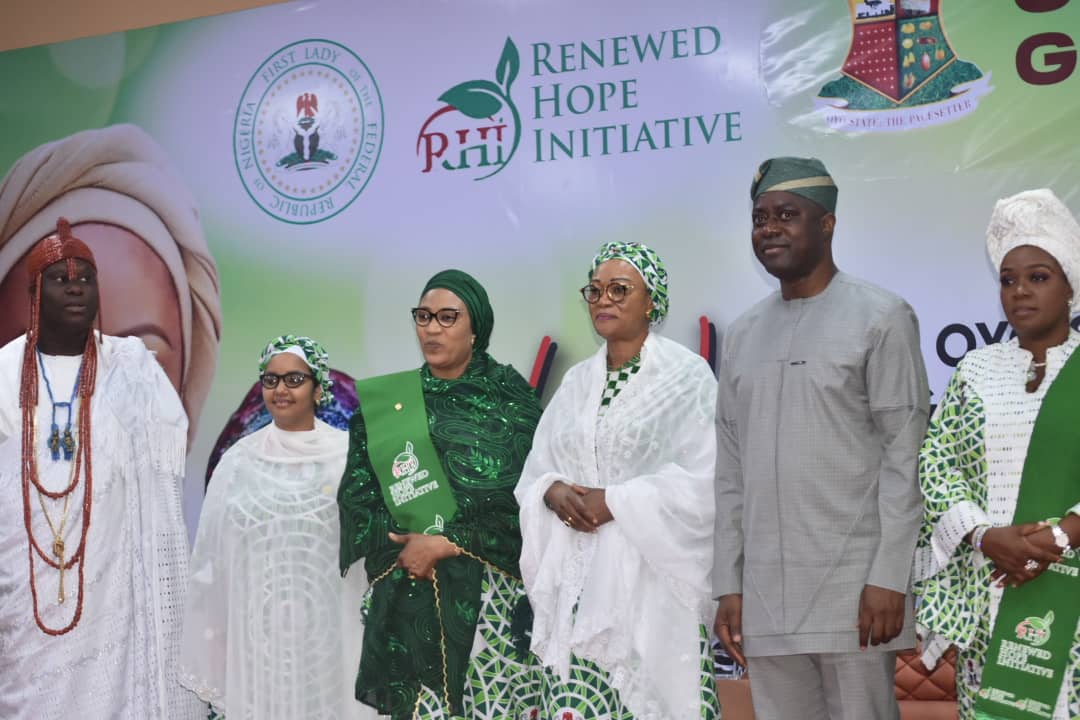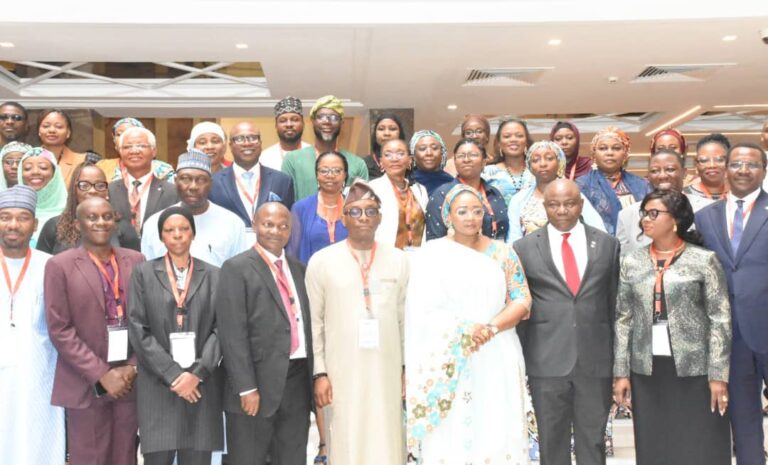Imo to tackle unemployment, boost economy through local initiative
By Peter Okolie
The Imo Government has recommitted itself to addressing unemployment and boosting economic growth through the implementation of the One Kindred, One Business Initiative (OKOBI).
The Chief Economic Adviser to Imo Government, Prof. Kenneth Amaeshi, stated this at the second OKOBI summit and inauguration of OKOBI Students’ Club at Kingsley Ozumba Mbadiwe University (KOMU) at Ideato.
Amaeshi noted that Imo, with a population of approximately 5.5 million, was working to enhance its global visibility and reputation through this initiative.
“This OKOBI project is about the story of Imo to the world. It is not limited to just Imo or the South East,” he said.
He noted that 50 per cent out of the about 3.5 million young population of the state are jobless.
Amaeshi stressed that the state government only employed about 40,000 people which included teachers and civil servants out of the growing number of the unemployed.
The professor said: “This is a recipe for disaster, and that is a problem the governor of Imo is bent on solving through the OKOBI programme.
“Unemployment is not only the problem of Imo, it is also a problem of Africa.
‘’The World Bank data says that about 60 per cent of African youths are unemployed and the population of Africa is well over a billion.
“Unemployment figure constitutes what some people have described as social warming just like in the case of global warming for the weather,” he said.
He said that Gov. Hope Uzodimma of Imo has started the Skill Up Imo programme and committed to training about 300,000 people with digital skills.
According to him, the Skill Up Imo has been used to train over 25,000 people currently.
“The governor also came up with OKOBI to support those who do not fit into the digital skill of Skill Up Imo.
“The whole idea is to enable unemployed Imo residents who share kindred spirit to create their own businesses. It is a group-based entrepreneurship programme,” he said.
The special adviser said the state government had already registered about 400 OKOBI businesses and engaged over 10,000 people within 18 months of the programme.
He advised students and other residents of the state to key into the programme, assuring them that the state government was ready to support good business ideas with start-up capital.
Amaeshi also commended the Vice Chancellor of KOMU, Prof. Ikechukwu Dozie, for being the first to attract the programme to a tertiary institution and to Orlu Senatorial District.
In a welcome address, Dozie said the theme of the summit aimed to explore actionable strategies to expand the reach of the OKOBI movement into Orlu Zone and to foster an environment for sustainable economic growth.
He said since assumption of office as substantive vice chancellor in 2021, the institution had recorded numerous achievements under his watch.
He highlighted the successful accreditation of programmes by the National Universities Commission (NUC) and the graduation of three sets of students and subsequent mobilisation for the National Youth Service (NYSC) programme.
“We have successfully held seven Public Lecture Series and preparations are on-going for the eight lecture.
“Indeed, we have restored public confidence in our institution which is reflected by an increase in enrolment from an estimated 320 students in 2021/2022 academic session to about 1,400 students in the 2024/2025 academic session.
“These modest achievements were possible with the firm support of the Governor, Sen. Hope Uzodimma, who not only recovered the institution and restored its original status as a public university but has continued to support her growth and development,” he said.
He solicited the support of the state government and philanthropists in the areas of transformers, renovation and furnishing of staff quarters, and installation of solar light system on campus.
Dozie further solicited assistance in the development of KOMU Entrepreneurship and Skills Acquisition Centre as well as the donation of vehicles for use of staff and students.
Dozie announced the donation of N3 million to the newly inaugurated Club to help them establish businesses and carry out research projects.
Highlights of the occasion was the inauguration of the OKOBI Students’ Club as well as presentation of competition grants ranging from N2 million to N500,000 each to nine cooperative groups.
The News Agency of Nigeria (NAN) reports that the theme of the Summit was “Kingsley Ozumba Mbadiwe University Ideato Takes OKOBI to Orlu Zone”. (NAN)(www.nannews.ng)
Edited by Ismail Abdulaziz














